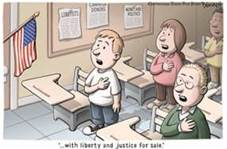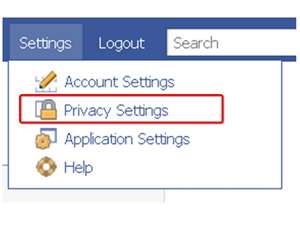The United States Supreme Court just ended an interesting case involving law enforcement destroying a house while pursuing a criminal. There is no question about what happened, just the financial responsibility of the McKinney, Texas government to pay for the damages.
What happened is fairly straight-forward. A fugitive with a kidnapped child entered a house and refused to leave. After the child was released, the McKinney police force did an enormous amount of damage to the home in an effort to force out the criminal.
The municipality refused to pay for the damages and the Supreme Court let stand a ruling supporting their non-payment.
Is Law Enforcement Destroying a House reasonable?
The first question to answer is if law enforcement destroying a house is a legal action. There seems to be little question about this, at least from the court’s perspective, my own opinion is different. The courts seem to accept without question that law enforcement can pretty much destroy whatever they want in the name of public and personal safety.
Going into the house eliminated a potentially dangerous criminal and using explosives and bulldozes was safer for law enforcement officers than risking their lives by entering personally.
The criminal in this case committed suicide and the destruction proved unnecessary but law enforcement did not know this.
Is Compensation Required?
The second question is if the suburb of McKinney owes the home owner money to pay for the damages. The initial verdict seemed to think so, awarding $60,000 in damages. The Fifth Circuit Court of Appeals disagreed and vacated the judgment. The Supreme Court agreed with the Fifth Circuit and refused to hear the case.
Insurance Company being an Insurance Company
The insurance company refused to pay for damages because the destruction is an act of government and not covered by the policy.
Not as Isolate as you might Imagine
While this case of law enforcement destroying a home is fairly extreme, it is hardly an isolated incident. Police kick in doors, ransack homes, and otherwise cause damage every day in the United States. Often times they catch criminal, sometimes they do not. In either case, the courts largely agree they did their job and do not owe any money to pay for repairs.
That is the underlying problem. You might say to yourself, why doesn’t the government of McKinney just pay out this one egregious case? The reason is they’d then have to pay out for hundreds of other, smaller, cases just like it. As will cities all across the United States.
As things currently stand, if law enforcement destroys your property in the legitimate pursuit of a criminal, whether or not the crime is actually taking place, they owe you nothing. You must foot the bill.
What do I think?
I mentioned earlier that while the courts do not object to such wanton destruction, I do. I think the local government agency should always pay for the damage, even if the destruction occurred in pursuit of a criminal in order to safeguard the community.
Anything else just leads to abuse of the system. If law enforcement can always damage your property without fear of any financial renumeration, they will do so. They are doing so. It happens to poor people disproportionality and often involves the failed policy we call the war-on-drugs.
The people who have the least recourse and the least money to pay for such destruction are the ones suffering from it the most.
Equal protection? Ha.
Tom Liberman



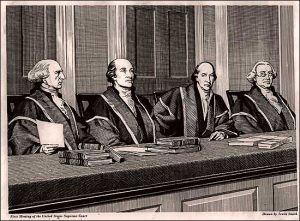
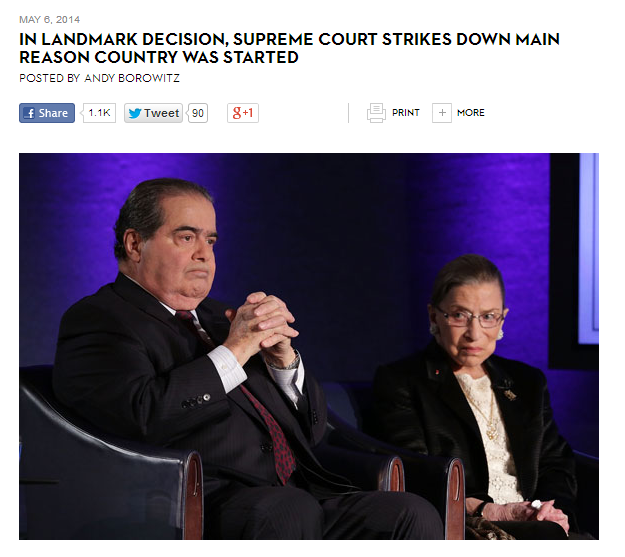

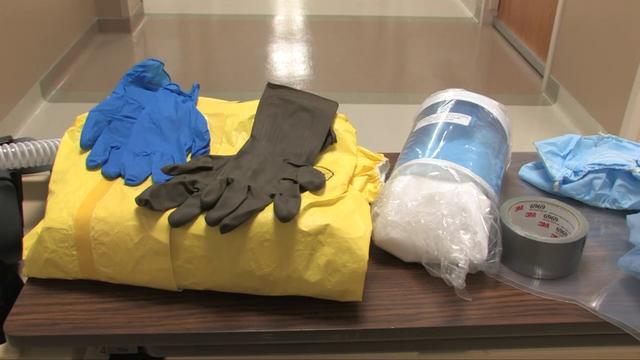

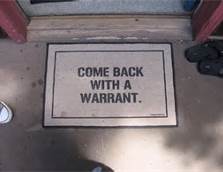 There is a
There is a 